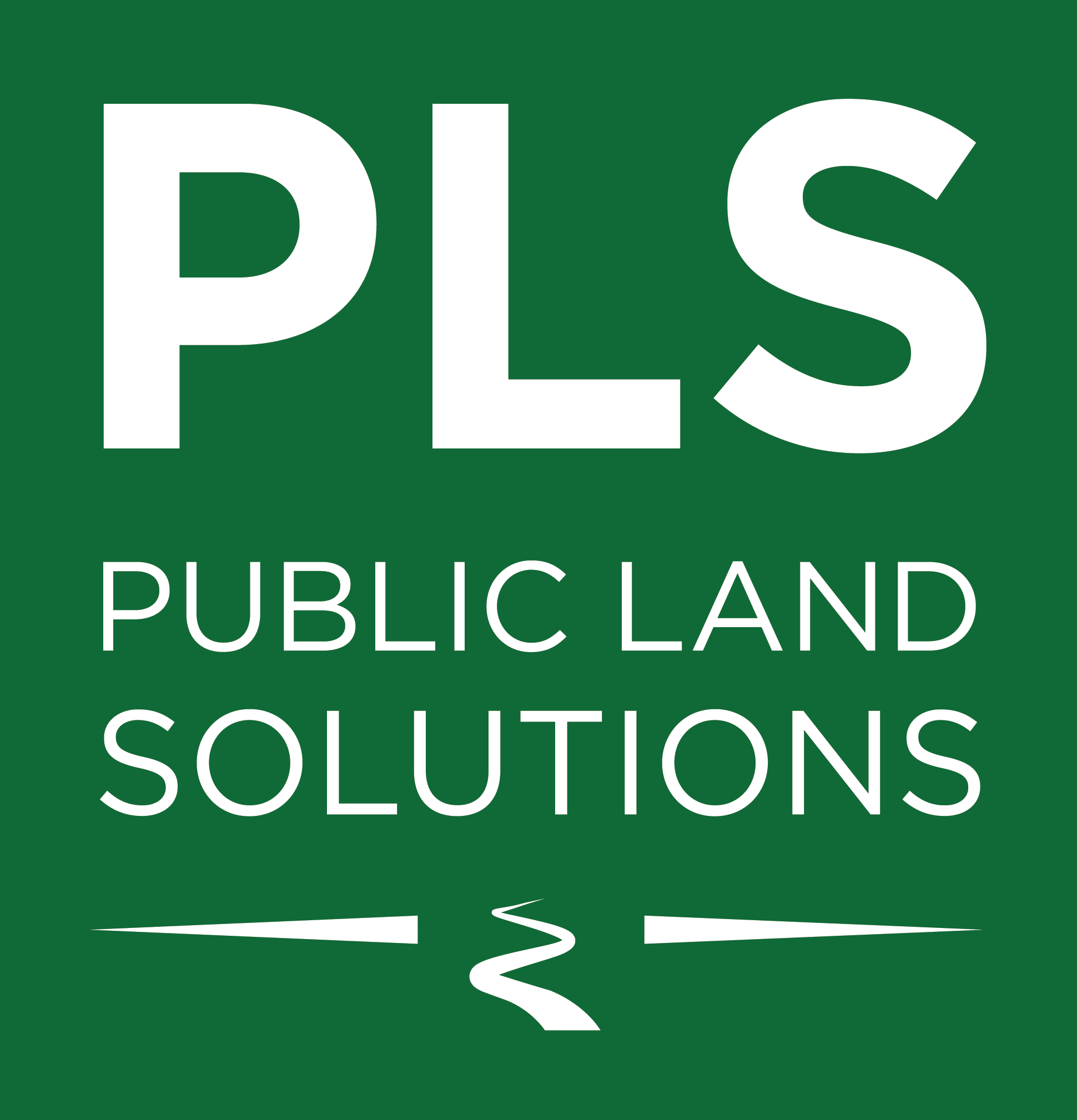Prosperous Communities Initiative
Working to assist communities who are looking to invest in recreation assets.
Prosperous Communities Initiative
Prosperous communities share a variety of characteristics, but one of the most important is access to recreation assets. By enhancing recreation access and infrastructure in cities and rural communities, elected officials at all levels have the opportunity to encourage economic prosperity and private investment in under-performing communities across the country.
Public Land Solutions assists communities who are looking to invest in recreation assets.The Prosperous Communities Initiative aims to help communities thrive by using the currency of the 21st century: recreation assets on shared public lands. Recreation assets are public and private lands of all types which provide opportunities for outdoor experiences such as trail systems, rivers, lakes, and parks.
These places are the backbone of the tourism and recreation industries, which produce over $887 billion annually across the country.
These places are the backbone of the tourism and recreation industries, which produce over $887 billion annually across the country.
Recreation = Business Development
The opposite of a commodity is a branded product—a name, a feeling, a lifestyle. Communities who have created brands for themselves are attracting both visitors and businesses which in turn helps attract high-level talent. Initially these places were gateways to National Parks, like Jackson Hole, Wyoming, or Moab, Utah. Today the list is growing fast and includes a wide variety of cities and towns including: Duluth (MN), Fruita (CO), Bend (OR), Whitefish (MT), and Bentonville (AK.) The cost of making cities and towns outdoor friendly is generally quite low, when compared to other community development strategies, and the resulting economic growth provides an off-the-charts return on investment.
Communities who have created brands for themselves are attracting both visitors and businesses which in turn helps attract high-level talent.
The Prosperous Communities Initiative builds off the bipartisan success of the REC Act (Nov 2016) that directed that the outdoor recreation industry’s jobs and economic contributions to be included in the United States’ gross domestic product.
Further federal policies and legislation could advance this work and make lasting improvements to communities in a wide variety of regions across the country including:
- Policy changes that raise the profile of the recreation economy on US Forest Service, BLM, and National Park Service lands.
- Policy work at the Small Business Administration that encourages gateway community business development.
- Support for legislation and policies that protect and enhance recreation assets.
Many states spend millions attracting visitors and new residents to their states, and a corresponding investment in the recreation assets in these areas would increase visitors, attract new residents and ensure the quality of their experiences.
A concerted effort to enhance and promote recreation assets could produce an outdoor project in nearly every congressional district in the country.
In addition, existing industrial infrastructure can be rehabilitated to allow for safe visitation. Roads, quarries, timber areas, and other previously utilized places can be transformed and upgraded to create trails and recreation sites that will bring people back to nearby communities.
By focusing on the economic development opportunities associated with recreation assets, there is a real opportunity to bring economic relief to a variety of communities who are currently suffering from declines in resource extraction. Public Land Solutions is working with existing outdoor organizations, NGO’s and elected officials to achieve these goals.
Walmart invested in building trails as a recruitment tool to entice employees to move there. Along with community partners and volunteers, their efforts built trail systems and revitalized the downtown core. Bentonville is now a premier recreation destination, and helped Walmart’s executive team attract high level talent to the area.
In the late 1990s, the local community began investing in 150 miles of single-track mountain bike trails. Fruita suddenly become a top destination for mountain biking, going so far to become “synonymous with trails.” The Fruita community continues to invest in trails and recreation, which lends a positive outlook for the future of the community.
Want to discuss how PLS can work with your community to capitalize on recreational assets in your area?
Let’s get started.
[gravityform id=”3″ title=”false” description=”false” ajax=”true”]

